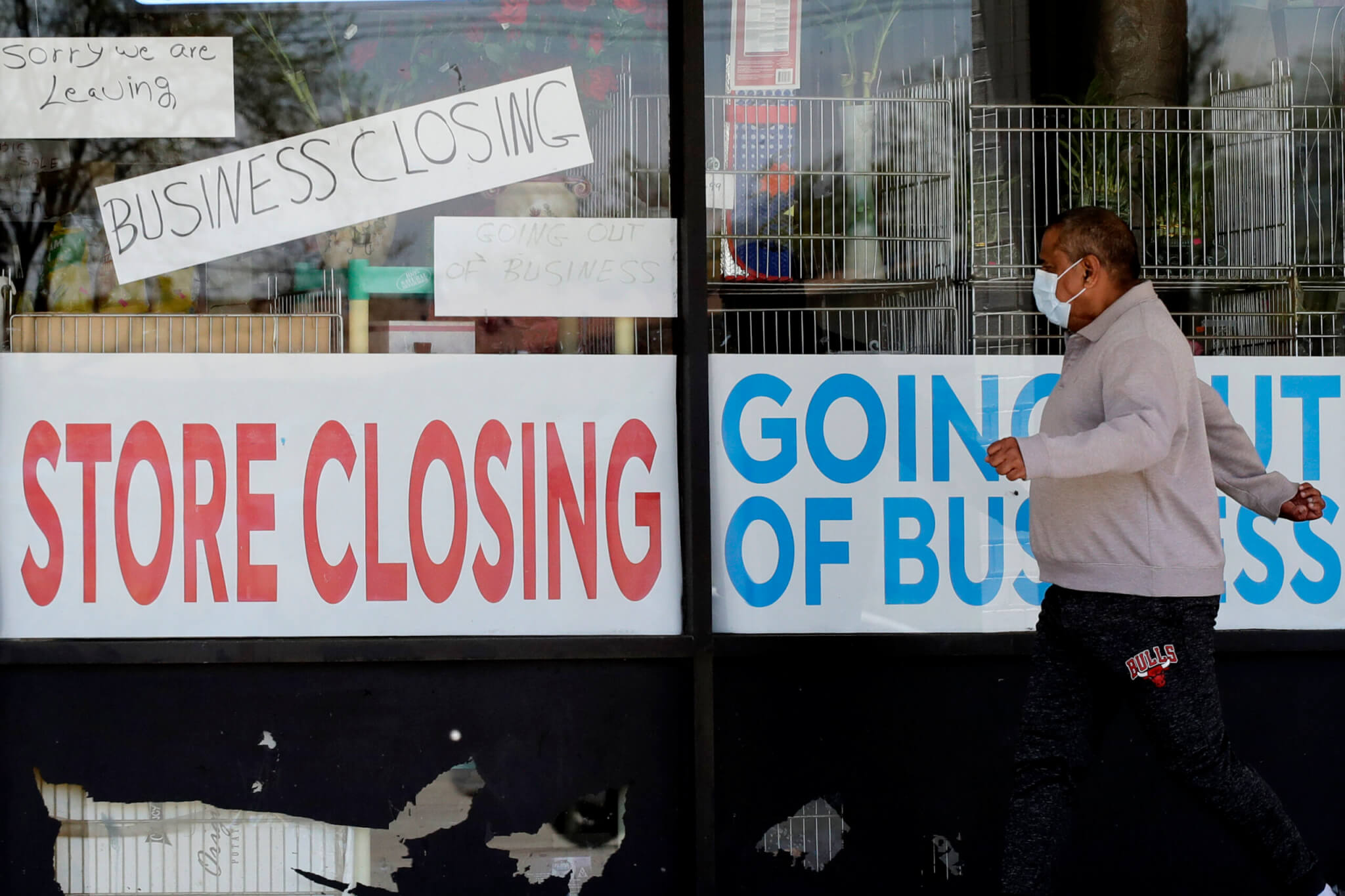Plan afoot to wipe out rent debt for San Francisco businesses forced to close their doors during the pandemic

There is a proposal to erase the rent debt for shuttered businesses, but it is unclear whether San Francisco has the authority to meddle with these contracts.
![]()
The Board of Supervisors Budget and Legislative Analyst's Office has estimated that the unpaid commercial rent debt in the City to be between $172.1 million and $404.5 million. It's rather unscientific and the actual number is probably north of $400 million, we would guess. Suffice it to say that there is a mountain of debt owed, but not to get lost in numbers. You can see the boarded-up businesses and you can feel the pain.
What to do with this deep hole?
Most commercial landlords have been conciliatory by working out deals with tenants, reducing and even forging rent. Other landlords have taken a more hard-nosed approach.
Generally speaking, Bornstein Law has always had a strong preference for brokering amicable solutions to missed rent because a bird in the hand is worth two in the bush. It's better to have cash flow than an empty storefront or apartment that may sit idle on the market for many months.
Supervisor Dean Preston is now floating legislation that would excuse businesses that had under $25 million in gross income in 2019 from paying rent if they had to shut down because of health orders. The story of one San Francisco barber puts into perspective the plight small business owners are facing.
A different standard when it comes to residential and commercial tenancies
Under SB 91, the government is willing to foot the bill for residential rent debt that has accrued during the pandemic - 80% of rent debt to be exact, although Governor Newsom has pledged to advance a plan that would cover 100% of rent debt.
Listen to our podcasts with some soliloquy on rental assistance ›
There has been no such life raft for landlords of commercial properties. They have been left to take up an oar for themselves. San Francisco landlords have until June 30 - next month - to pay up.

Introducing the fancy term of force majeure
Also known as an "act of God," this is a common clause in contracts that basically frees both parties from liability or obligation. Parties could suspend their obligations because of such things as war, strikes, riots, or epidemics which we are facing now, along with other calamities.
The question is who should bear the brunt. Should the landlord be the one to absorb the loss of rent because of a public health crisis, or is the tenant obligated to pay the rent because they assumed risk by signing the lease? There are no clear answers and what we now have is a totally unchartered area of law that is yet to develop.
There are many weighty questions to be evaluated with legal counsel on a case-by-case basis.
Parting thoughts
We are keenly aware of the pain small businesses are undergoing. We can see and feel it. Many of the small businesses we loved have shut their doors for good.
The survival of many businesses hinges on how to handle rent debt. But we are in this together. Owners do not want empty storefronts and merchants want an opportunity for customers to come back.
The pandemic has not discriminated against landlords or tenants. The overarching question now is who is best able to weather the losses.
To which we say, commercial landlords can come up with a resolution with proper counsel.
